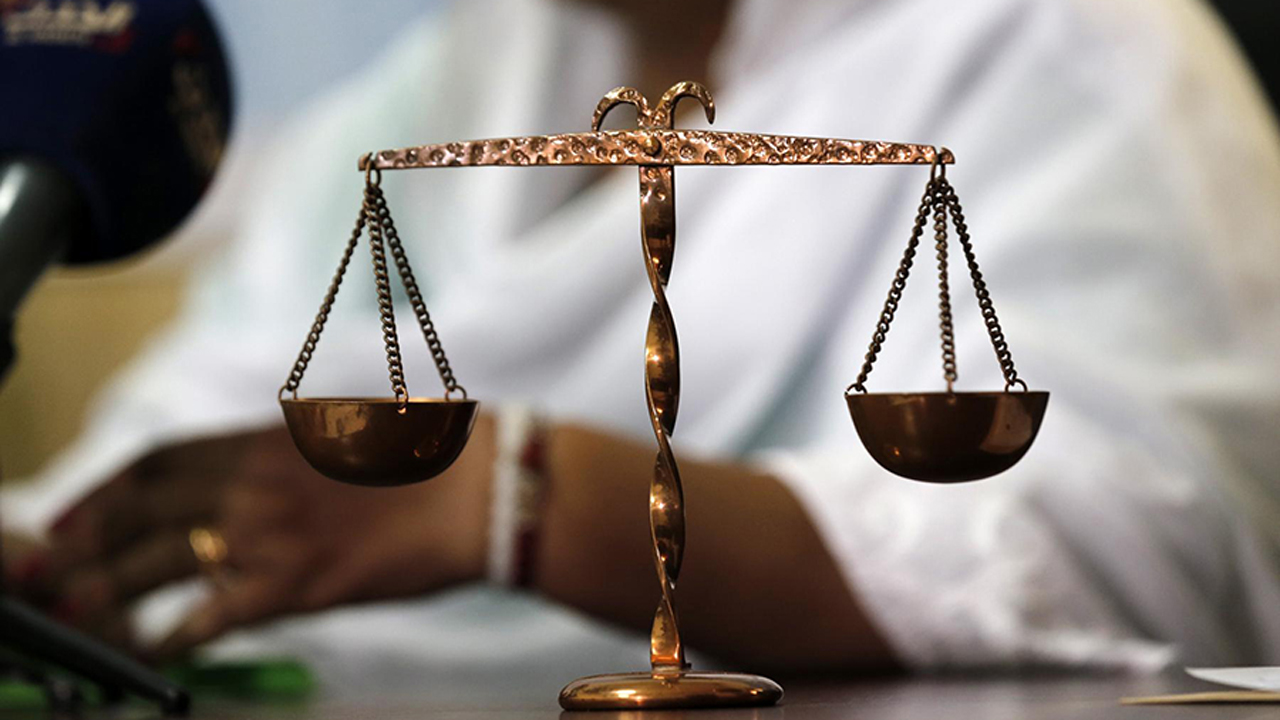The work of federal courts
The work touches on many of the most important issues affecting the American people, and federal judges exercise broad discretion and discretion in hearing cases under their presidency.
This section explains how federal judges are appointed and provides basic information about judges’ salaries, judicial ethics, and the role of senior and newly drafted judges.
Appointment and Salary of U.S. Federal Judges
Judges of the Supreme Court, the Courts of Appeals, the Circuit Courts, and the Court of Foreign Trade are appointed under Article III of the Basic Law of the Land by the President of the United States with the advice and consent of the House of Congress.
Article III judges are appointed for life and can only be removed through impeachment proceedings.
Although there are no specific qualifications for judges in these courts, candidates nominated for these positions are typically highly experienced private or public lawyers, state court judges, magistrates or bankruptcy judges, or law professors.
The judiciary plays no role in the process of nomination or confirmation of candidates.
Bankruptcy judges are judicial officers of the district courts appointed by the courts of appeal for a term of 14 years. Justices of the Peace are judicial officers of the district courts appointed by the judges of the district courts for an eight-year term.

The President and the US Senate play no role in the selection of bankruptcy judges and justices of the peace. Judges of the Federal Claims Court are appointed for a term of 15 years by the President with the advice and consent of the US House of Congress.
Each court in the federal system has a president who not only hears cases but also performs administrative duties related to the operation of the court.
Usually, the longest-serving judge in that court becomes the president. Appointed presidents of district and appellate courts must be under 65 years of age. They may serve in this position for a maximum of seven years and may not be chairmen over the age of 70.
All federal judges receive salaries and benefits set by Congress. The salary of judges is approximately equal to the salary of members of Congress.
Judicial ethics of the US federal court
Federal judges must abide by the United States Judicial Code of Conduct, a set of ethical principles and norms adopted by the U.S. Judicial Conference.
The Code of Conduct provides guidance to judges on issues of judicial integrity and independence, judicial due diligence and impartiality, permissible extrajudicial activities and the prevention of unethical behavior or even its external manifestations.
Judges are not entitled to hear cases in which they either have personal knowledge of the disputed facts, are personally biased towards one of the parties to the case, have previously been involved in the case as an attorney, or have financial interests related to any party or subject matter.
Many federal judges devote time to public service and teaching. They have an outstanding track record of serving the legal profession in the form of research papers, public speaking and lectures.

This important role is recognized in the code of conduct, which encourages judges to engage in activities to improve the law, the legal system and the administration of justice.
Senior and newly drafted U.S. federal court judges
Judges of the Courts of Appeal, District Courts and the Foreign Trade Court hold their positions for life and may retire if they are at least 65 years of age and meet the length of service requirements.
The majority of Article III judges who are eligible for a pension decide to continue to hear cases on a full-time or part-time basis as “senior judges”.
In addition, retired bankruptcy judges, justices of the peace, and judges of the Federal Claims Court may be “recalled” to active duty.
Without the efforts of senior and newly called judges, the judiciary would need many more judges to handle the cases at hand. Senior judges, for example, usually take on about 15-20% of the workload in the appellate and district courts.
U.S. Federal Litigation at a Glance
This section describes three key features of the federal court system and provides an overview of criminal, civil, and bankruptcy proceedings. Also included are brief descriptions of the procedures for the work and selection of jurors and the consideration of appeals.
US federal court adversarial system
Litigation in the United States is referred to as an “adversarial” system because it is based on litigants submitting their dispute to a neutral arbitrator.
In the American legal tradition, inherited from the English common law, the clash of rivals before the court is most likely to allow the jury or judge to determine the truth and decide the dispute at hand.
In some other legal systems, judges or other court officials investigate the case and help the parties find necessary evidence or obtain evidence.
In the United States, the work of collecting evidence and preparing it for trial is done by the litigants and their lawyers, usually without the assistance of the court.
